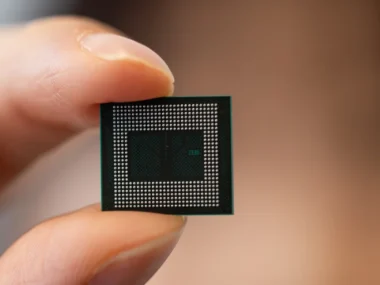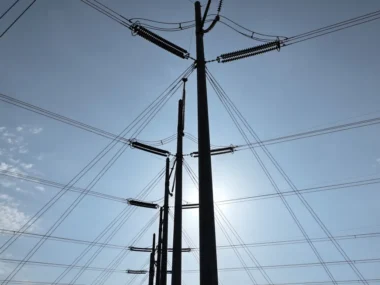Prime Minister Benjamin Netanyahu is beginning a journey to the United States in California to discuss technology and artificial intelligence with billionaire businessman Elon Musk.
The Israeli prime minister announced on Musk’s social media platform X, formerly known as Twitter, on Monday that he intends to speak with the Tesla CEO “about how we can harness the opportunities and mitigate the risks of AI for the good of civilization.”
Netanyahu’s high-profile trip to the Bay Area coincides with Musk being accused of condoning anti-Semitic comments on his social media platform, while Netanyahu is dealing with domestic and international political opposition. Early on Monday, protesters gathered in front of the Tesla automobile factory in Fremont, California.
During the nine months of protests against Netanyahu’s proposal to reform Israel’s judicial system, hundreds of thousands of Israelis have participated. Israeli expatriate groups have organized protests during visits by Netanyahu and other members of his Cabinet, and those demonstrations have now spread internationally.
The Anti-Defamation League, a well-known Jewish human rights group, has accused Musk of encouraging hate speech and antisemitism on X, in part through interacting with white nationalists and neo-Nazis who want to outlaw the league.
Musk said in a post on September 4 that the league was “trying to kill this platform by falsely accusing it & me of being anti-Semitic.” He claimed in other posts that the league was to blame for X’s revenue dropping by 60%.
This month, the group met with Linda Yaccarino, the president and CEO of X. In recent posts, both Musk and Yaccarino declared their opposition to anti-Semitism.
After leaving California, Netanyahu will travel to New York, where he will speak to the UN General Assembly and meet with President Joe Biden and other world leaders, according to his office. They include Volodymyr Zelenskyy of Ukraine, Turkish President Recep Tayyip Erdogan, South Korean President Yoon Suk Yeol, and United Nations Secretary-General António Guterres.
According to Netanyahu and his allies, unelected judges’ powers need to be limited in order to prevent them from becoming liberal and unduly interventionist. His proposal is opposed by some who believe it is a power grab that will undermine the country’s system of checks and balances and lead to autocratic control.
Prominent members of Israel’s powerful high-tech community have been heavily involved in the protests. They claim that weakening the court will harm the business environment in the nation and deter foreign investment. This year, the value of Israel’s currency, the shekel, has fallen precipitously as a result of declining foreign investment.











